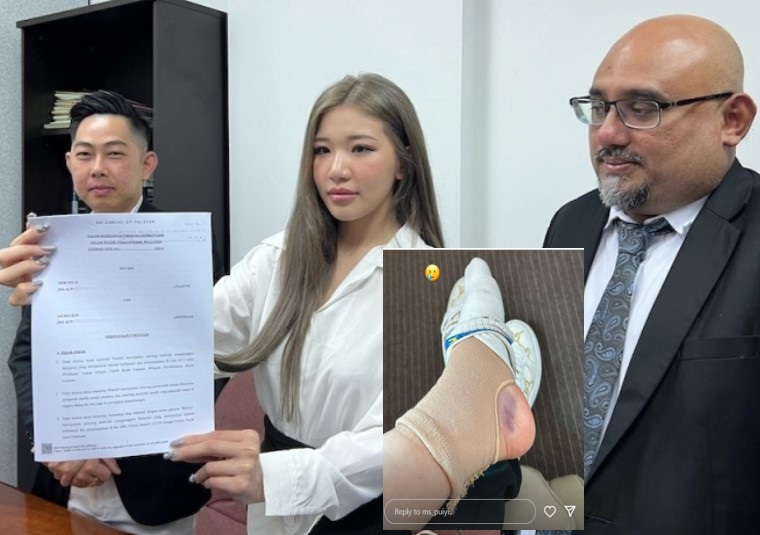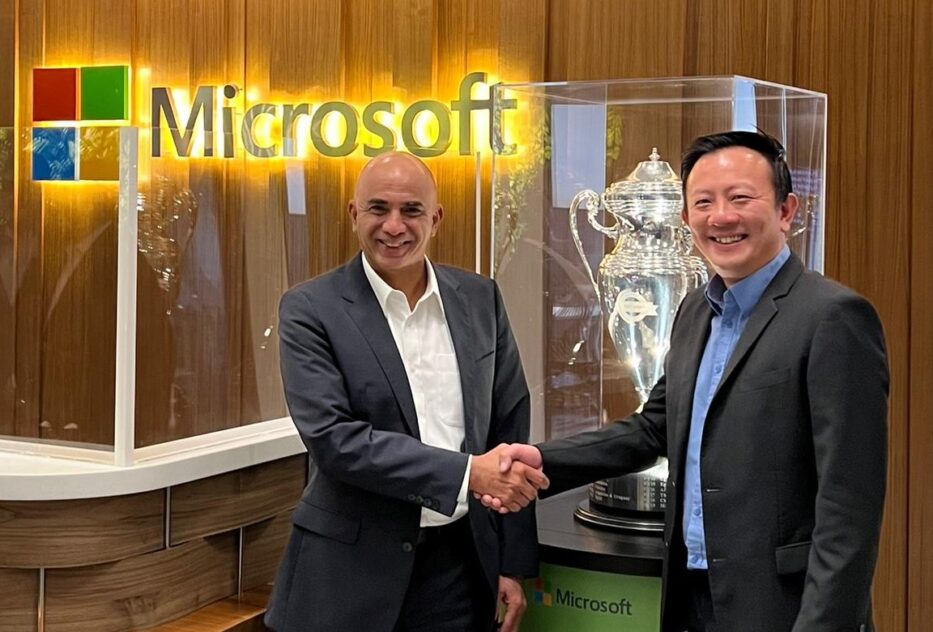AT this period of economic hardship owing to the coronavirus pandemic, oil and gas (O&G) downfall and poor performance of the stock market, some companies may want to quit their business altogether while other companies may see this as a golden opportunity to expand their business by acquiring technology or acquiring a company that has the desired technology.
During an economic downturn, transactions are more attractive as there will be many companies that seek to liquidate their assets, including their intangible assets.
Companies interested in purchasing assets have a better negotiation power. Of course, for a company to even consider acquiring a technology, it needs to be stable in the first place. It has to have cash and profitability.
What factors should any company take into consideration when buying technology?
Firstly, the company that wants to buy technology must consider its business and commercial objectives. What specific technology does it want to buy and why does it want that specific technology?
Will the technology improve its product range? Will it improve the manufacturing process of its existing product range by cutting cost; reducing production time; improving the features of existing products? Will it help to introduce a new product into its existing product range?
Once the commercial reasons to buy the technology has been decided, the company needs to consider the manner of acquiring the technology. If a company is selling the technology, then you must consider whether the technology is patented or not.

If the technology is patented, then the buyer of the technology needs to obtain an assignment of the patent and record the assignment at the patent office in the country where the patent has been granted.
On the other hand, if the technology has not been patented, then it must acquire the know-how of manufacturing the product by means of a technology transfer agreement.
Instead of buying the specific technology, the company can also consider obtaining a patent licence to use the patented technology or technology use-license. Either case (obtaining an assignment of patent or technology, or a licence to use the patent or unpatented technology) would require the execution of properly drafted agreements.
In the case of assignment, the company buying the technology has to consider other important issues such as price, countries to which rights to the patent are given, duration of the patent remaining, and so on.
If a license to the patent or technology is obtained, then similar issues such as scope and duration of the licence, licence fee or royalty payment need to be considered.
But before going out to buy or obtain a licence for a specific technology, first investigate whether the technology is available for free in published documents (usually in technical journals, expired patents, etc).
This search for free technology can be commissioned to a patent attorney firm who will be able to produce a comprehensive report and the documents to enable you to use the technology. You can probably fine-tune the disclosed technology to your specific needs by working trial and error without incurring expensive research and development costs.
The above information is not to be considered legal advice. Apart from acquiring the patent or the technology, you will also have to consider whether you can use the technology (patented or not) without infringing upon intellectual property rights of other third parties.
A freedom-to-operate (FTO) opinion should be obtained before you start exploiting the technology.
Remember a patent does not give you the right to manufacture or sell the product but it merely grants you the right to prevent others from exploiting the technology covered by the patent.
Having said that, the acquisition of technology provides immense benefits and thus, companies that are stable and have long-term vision should consider it.
Your research and development (R&D) cost is minimised, and the time invested into R&D is saved. Businesses can pivot quickly should they be considering substantiating or diversifying their offerings to their customers.
Lastly, it puts one ahead in the game, and expedites business recovery. – Aug 1, 2021.
Kandiah is the founder and managing director of KASS International Sdn Bhd, a leading intellectual property (IP) firm in the Malaysian market.
The views expressed are solely of the author and do not necessarily reflect those of Focus Malaysia.










